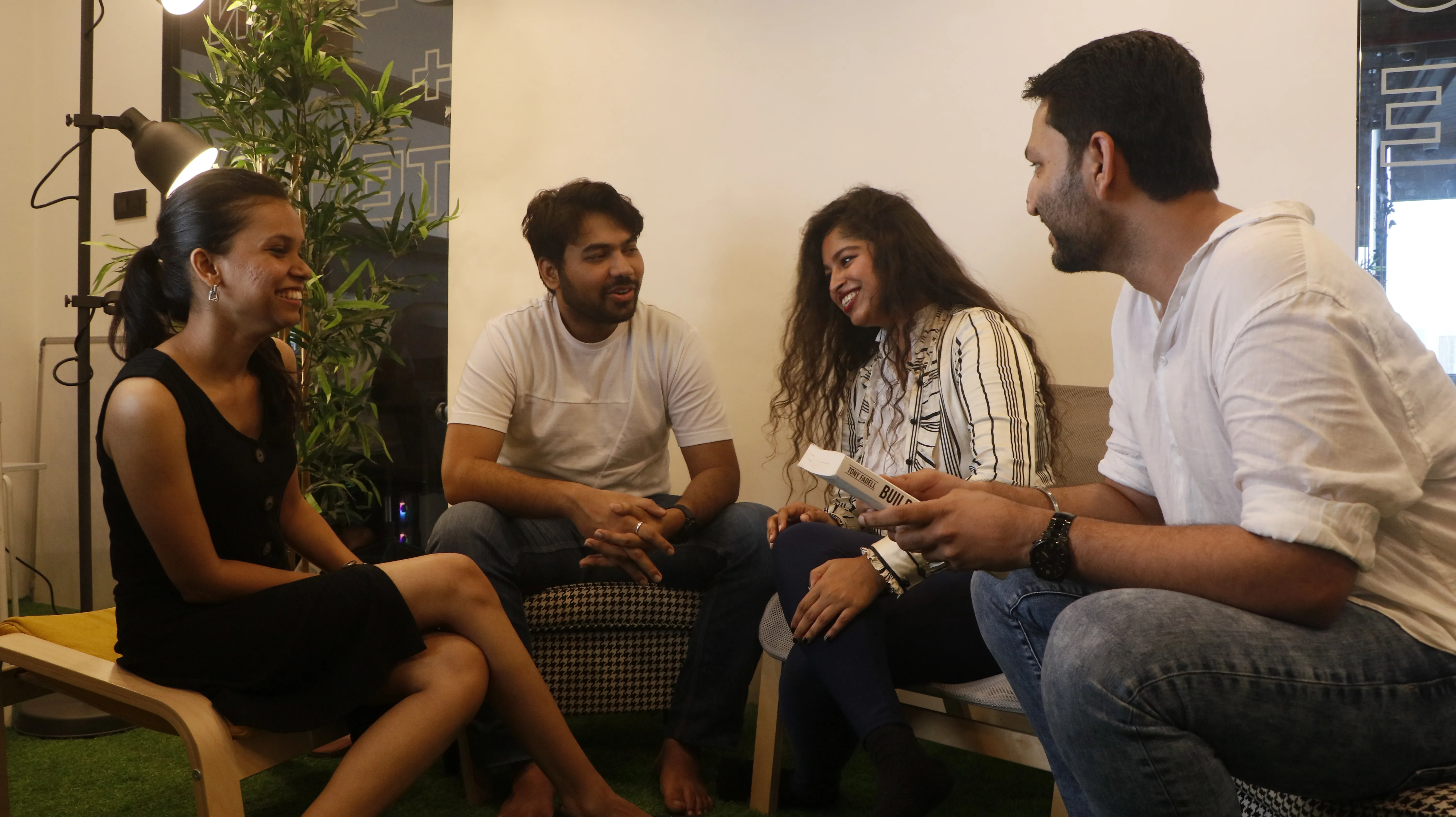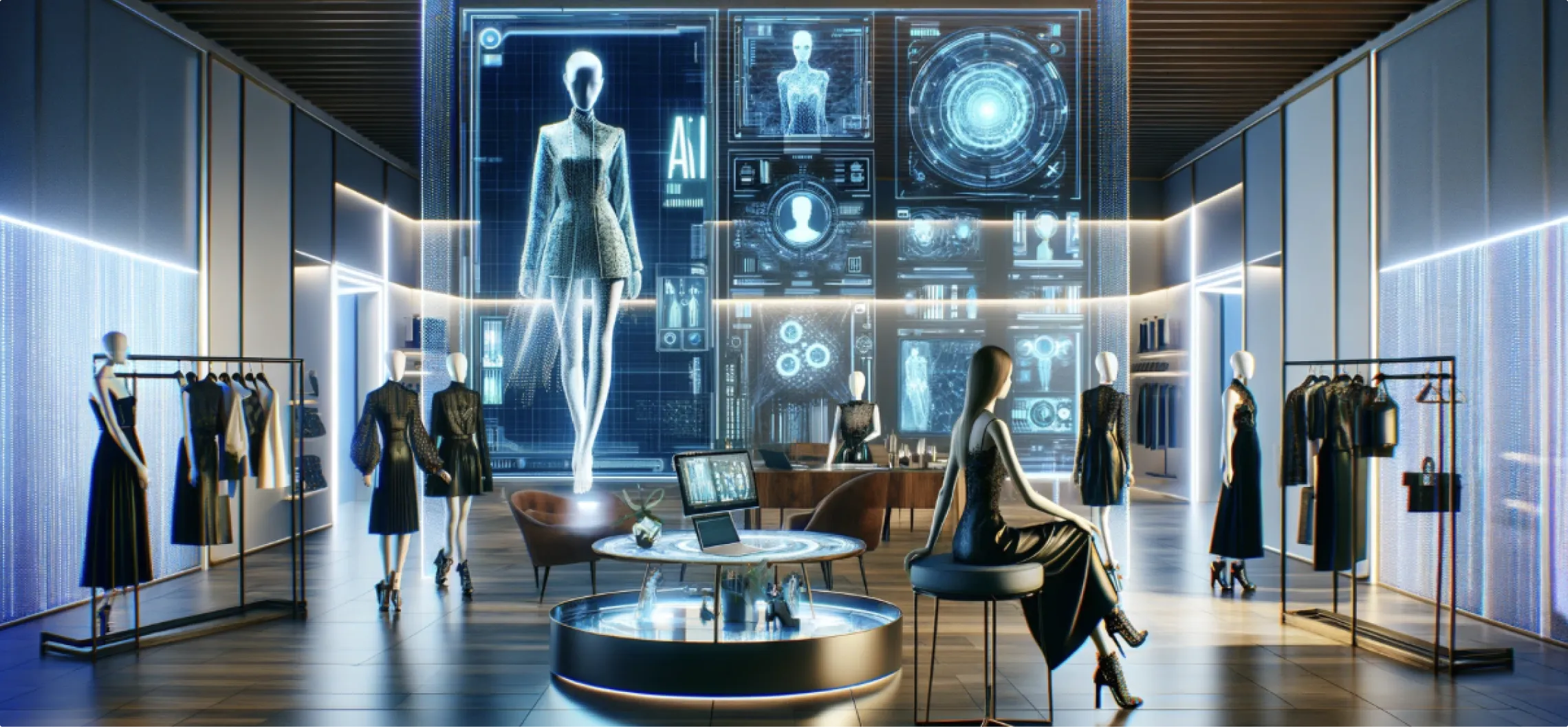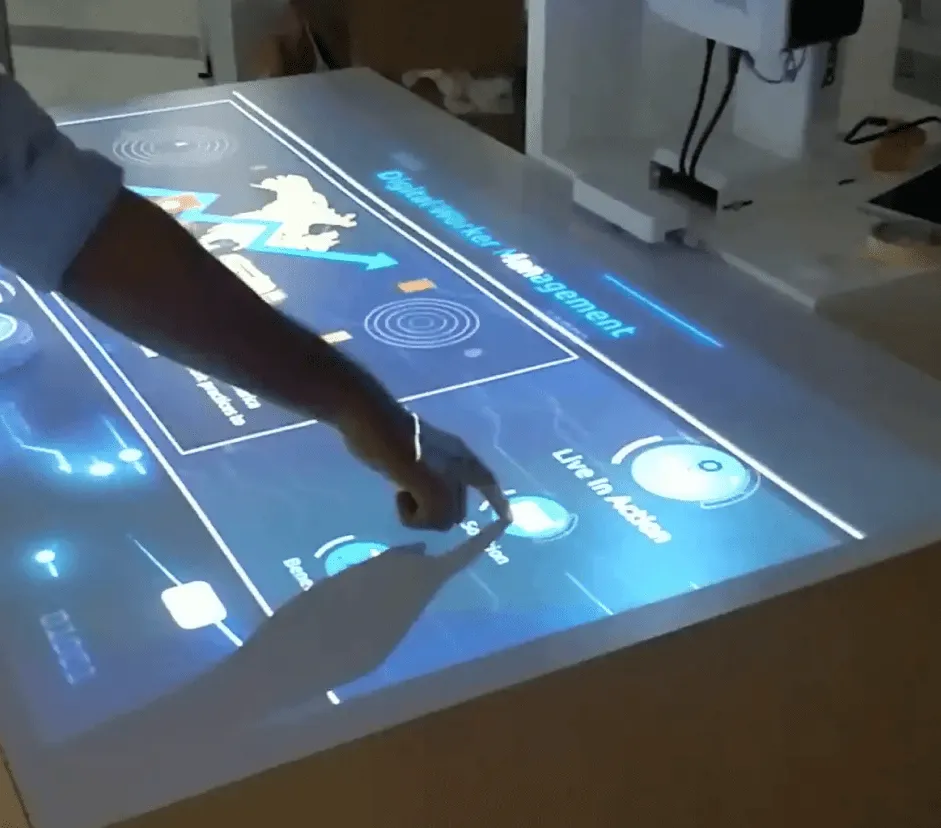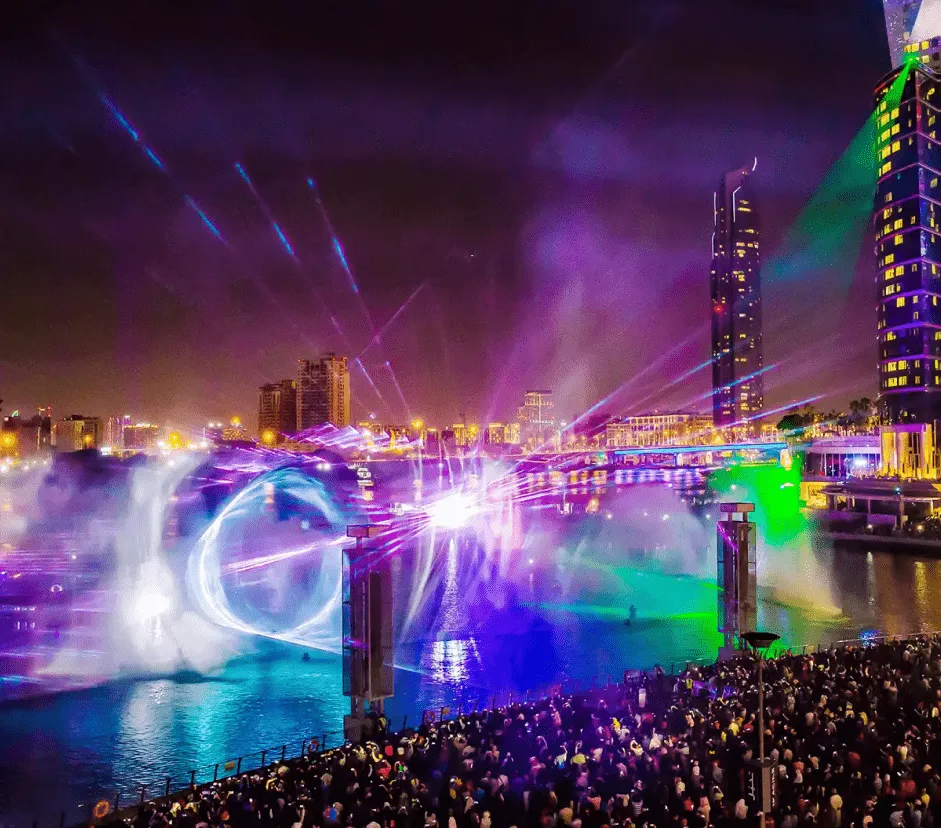AI development and its uses in different facets of industries

What was your first experience with AI? For almost all people around the world, it must’ve been either Siri or Alexa, maybe even the Google voice assistant. However, for the newer generation, their first experience will be with advanced AI models like ChatGPT and Google Gemini. AI development has sped up at a shocking rate; it hasn’t even been 70 years since the term AI was coined, so in the span of one lifetime, we’ve gone from giving a name to the concept of A
AI is a useful tool that has many potential uses, especially in marketing. What are the actual real-world potential uses of AI?
Content creation and curation
AI can assist brands in creating and curating content for their social media accounts to increase engagement with customers. It can also more accurately and efficiently learn what is trending on the internet on specific sites.
Predicting trends
AI can analyse old data and then use that to make predictions of what trends might come to be in the future. For example, if you've had a spike of a certain product being more in demand during a certain season, the AI is able to tell you that you should stock up more on that certain product anticipating the excess demand in the future.
AI in retail
AI could be beneficial in the retail experience. Imagine a sales executive who you can ask a million questions to without fear because they’d never judge you, and they’d answer all of them no matter how simple they were. The AI would also be able to give you personal suggestions, and it would also be the best at customer service because the AI is developed to believe in the fact that the customer is always right. Are there any real-life implementations of AI that have been developed by an AI development company in a retail experience that lets you interact with the AI? Yes, there is.
AI is a frontier with limitless possibilities in marketing. Including an AI experience can elevate a marketing campaign by a great amount, just like Deloitte’s “Future of Retail Experience Centre,” which was designed for them by Ink In Caps.
It was a marketing campaign that showcased to people Deloitte's perspective on how the retail shoppers' experience would look in the near future. How did the AI add to the experience? What IIC did was develop AI software that would act as a sales assistant called Nova, and she was capable of helping shoppers with whatever they needed.
Now how did this elevate the experience for the shoppers?
Personalised Experience
Nova was able to give all customers a personal experience curated just for them, and all experiences were different. It could give personalized suggestions based on the taste and style of the person to match them best; if someone wanted a certain necklace, it had the ability to suggest what kind of chain would go best with it: gold, rose gold, or silver.
Conversational
Not only was it a shopping assistant, but as most AI can, Nova was also capable of holding conversations, making the experience even more interactive and fun, just like you're talking to a friend but they're trapped in a holobox. Nova was capable of understanding humour too and was developed to be expressive and human so that she could be more inviting to whomever was interacting with her.
The experience centre had many other elements to it, like an object recognition table on which you could place whatever product you wanted, and the table would know what you've placed on it and give you a variety of customisation options depending on what product you’ve selected.
And the Holobox wasn’t only used to house the AI; it could also be used to view products and how they would look by showing models wearing the accessories or clothes you select, and it also had a real sales assistant that could also assist you live from a studio if you wanted.
But the AI software developed as an assistant was most definitely the core of the experience, drawing the most eyes and being the centrepiece of the pop-up.
You can learn more about the Deloitte Future of Retail Experience Centre in the our works section of the page.
Contact Us Now:
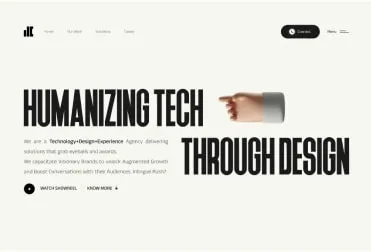
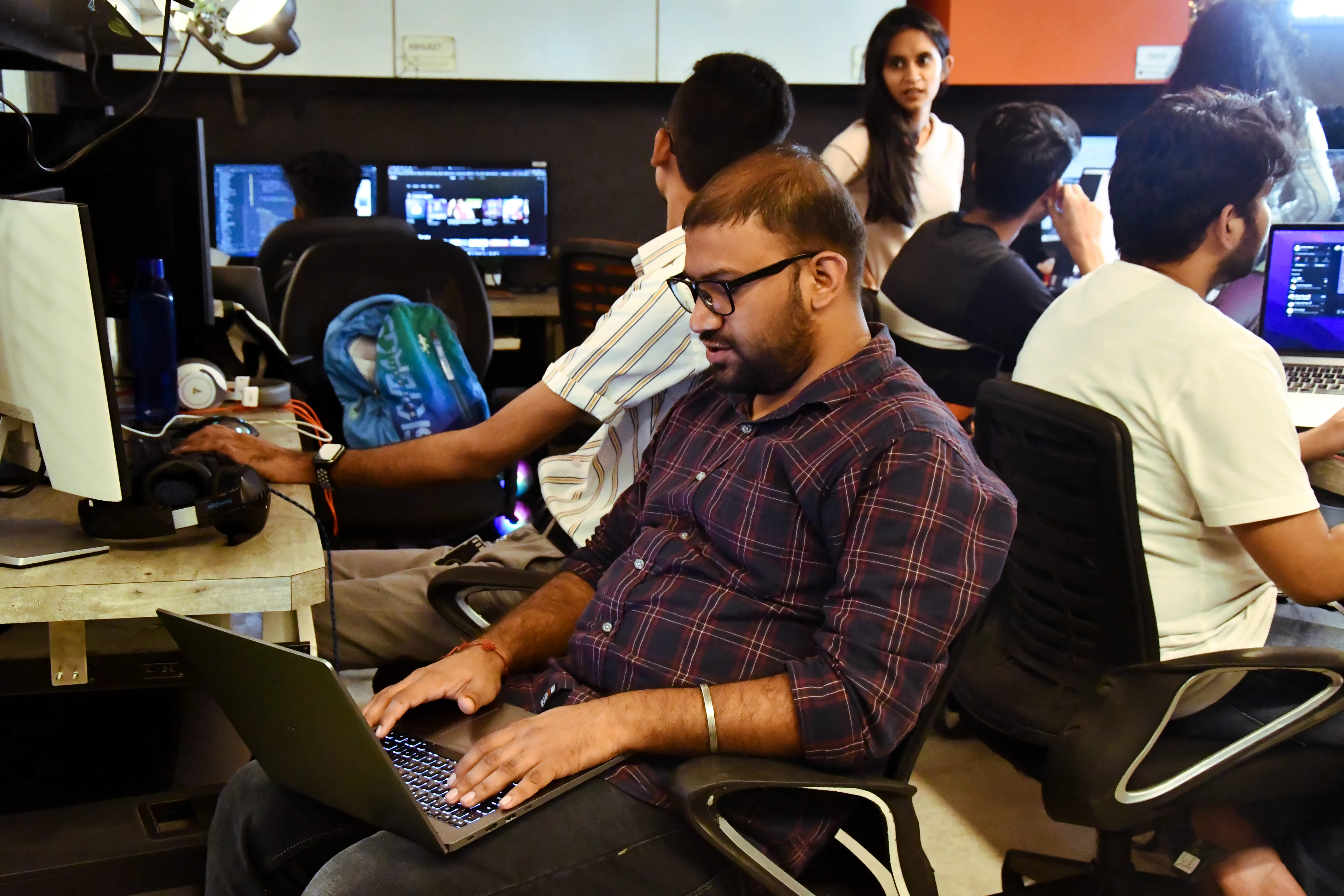
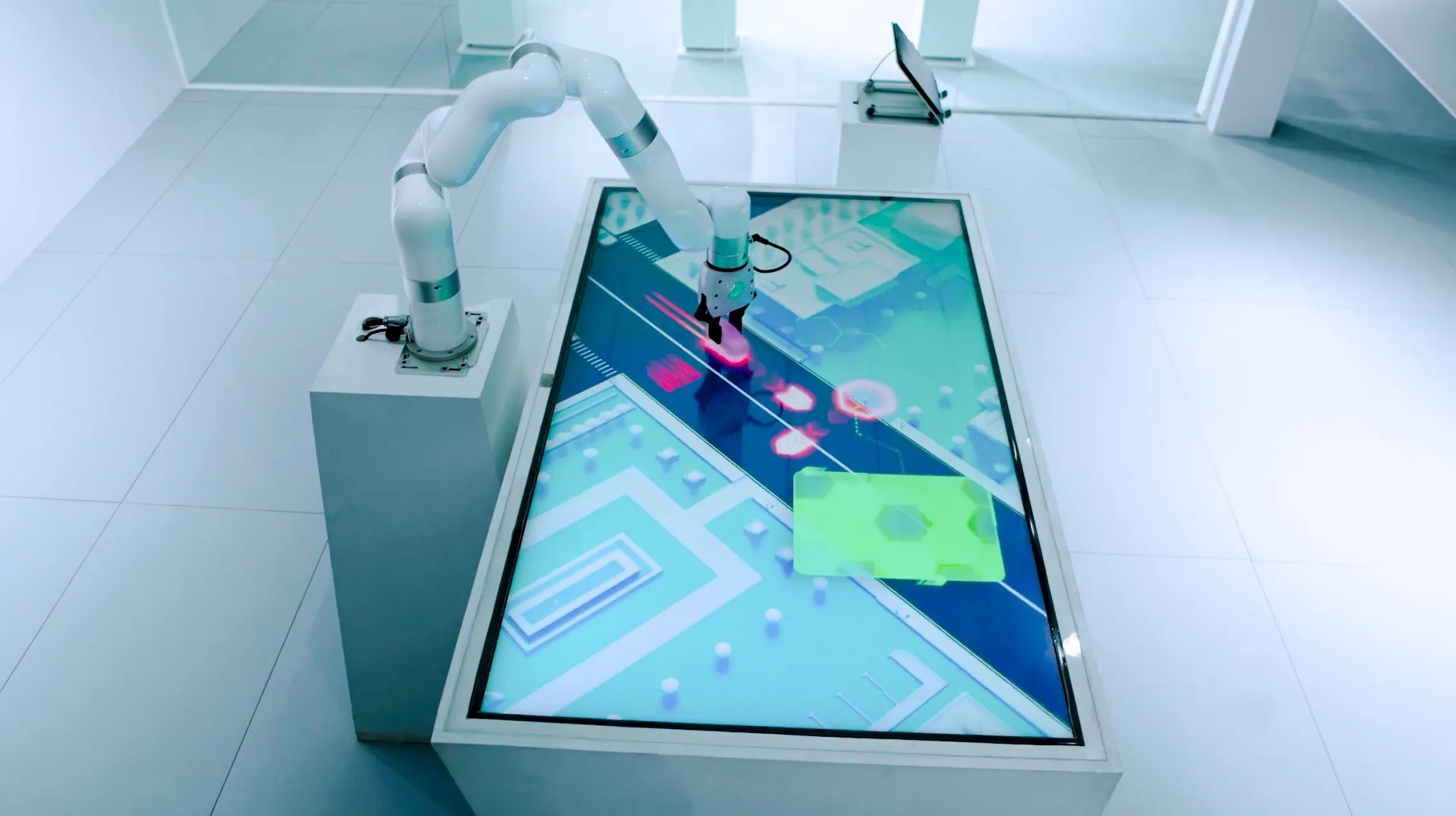
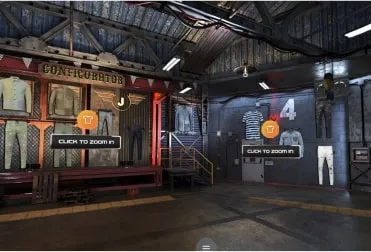
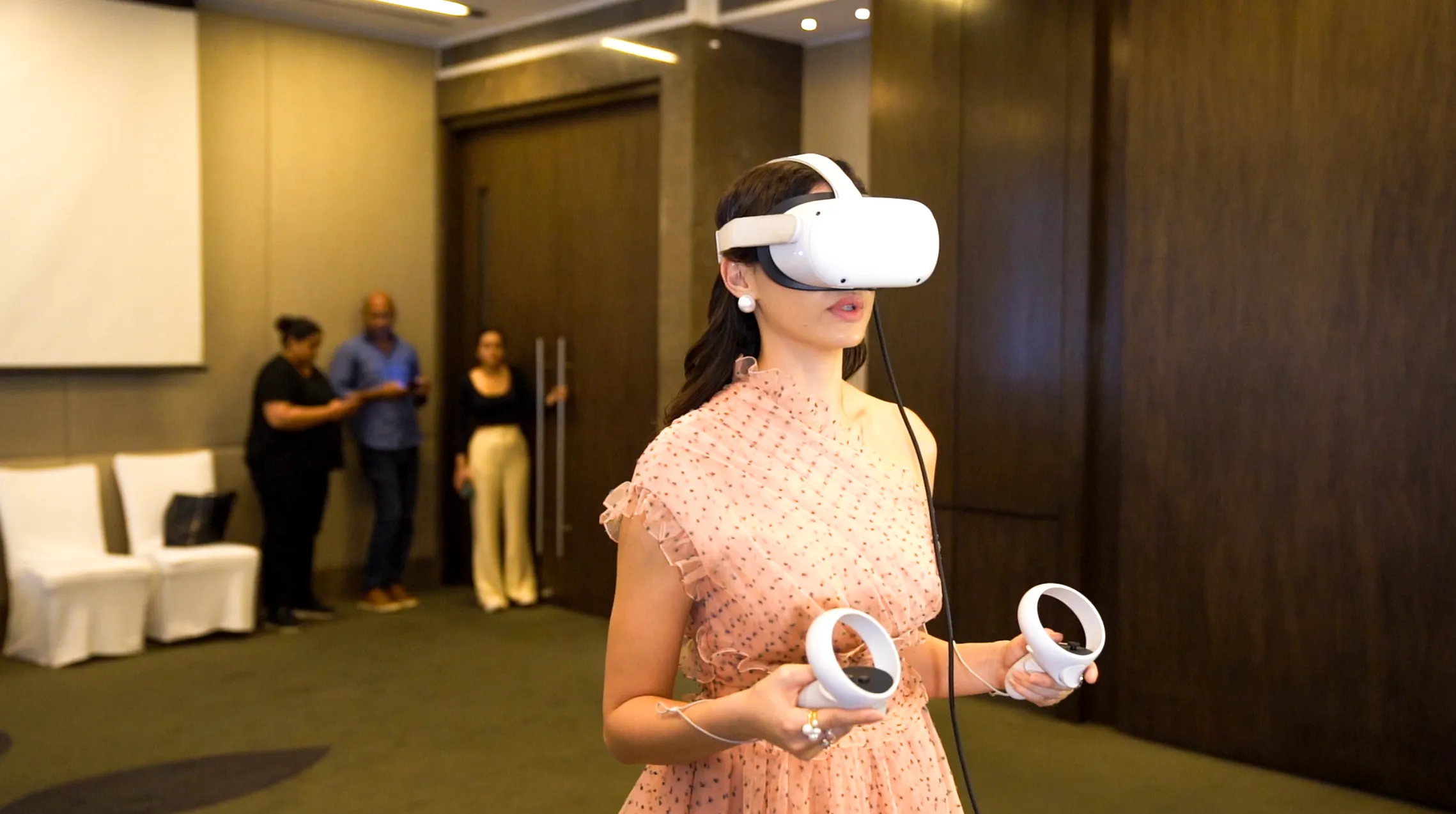
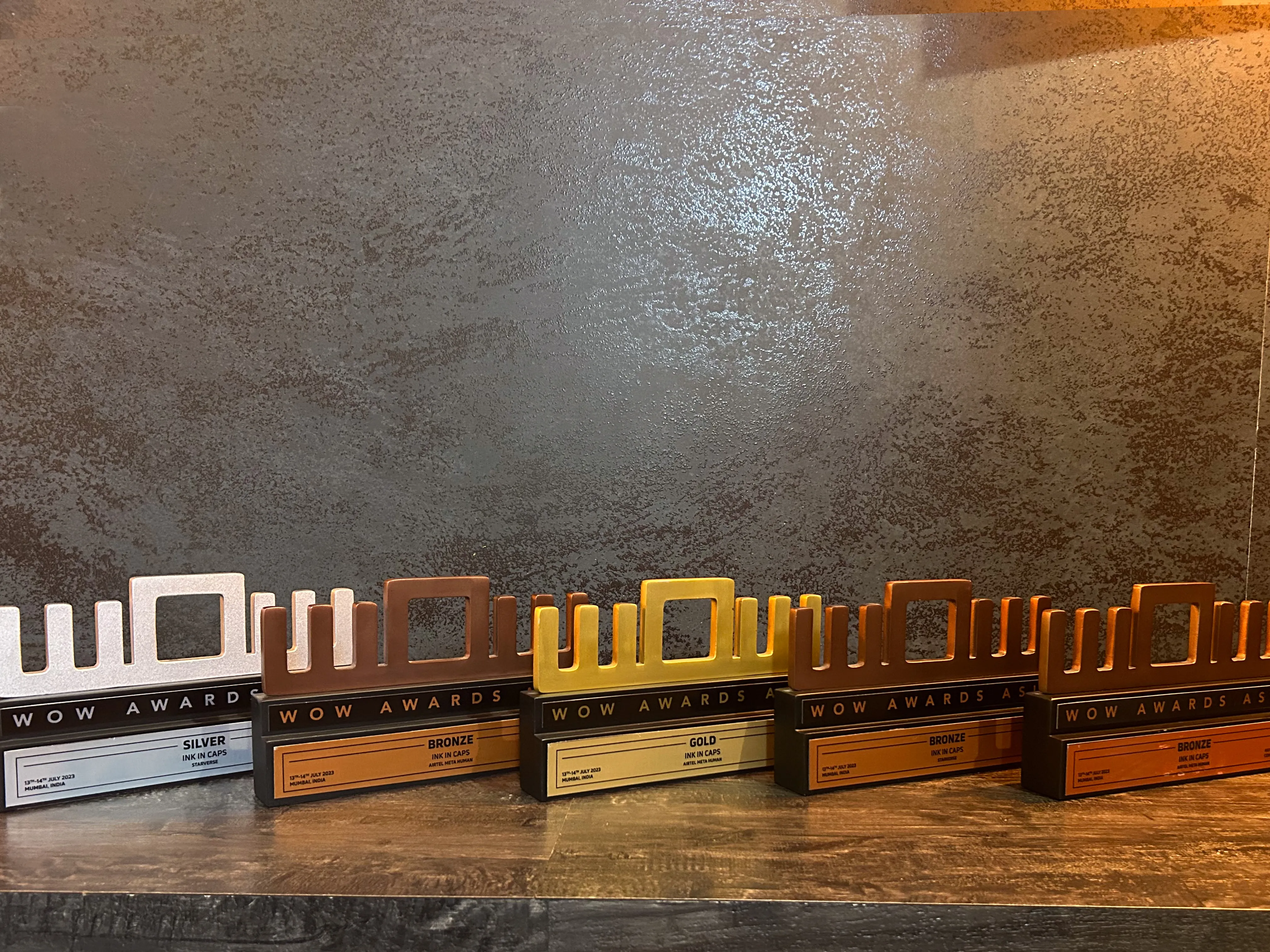
.CNhas5IL_ZqBJiz.webp)

